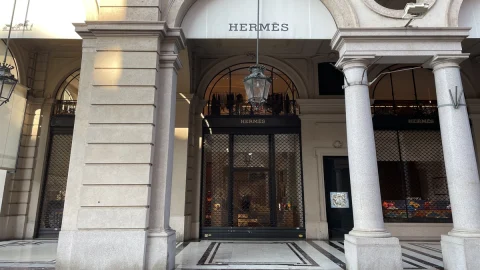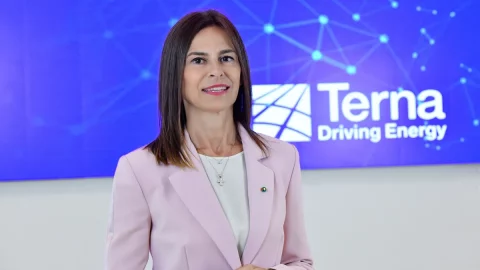The expected September break didn't happen, we'll talk about it again in October. Perhaps. The ECB has it again raised the cost of money by 25 points basis, bringing the rate on main refinancing to 4,50%, the rate on deposits to 4% (the historical maximum), and that on marginal loans at 4,75% with effect from 20 September 2023. This is the tenth consecutive increase in interest rates. However, the Eurotower sent a message: "rates have reached a level" which "will make a notable contribution to a timely return of inflation to the target", we read in the statement issued immediately after the meeting. The stop, therefore, could only be postponed.
ECB rates: why there wasn't the expected pause in increases
The European Central Bank's reversal of direction on the possible pause, which until a few weeks ago seemed very likely, has matured in recent days, after the European Commission cut the EU estimates (and also of Italy) from +1,1% to +0,8% for 2023. But the de profundis on the stop must have been sounded when the inflation projections to 5,6% (from 5,4%) for 2023, to 3,2% (from 3%) for 2024 and to 2,1 for 2015. Lcore inflation, the one most linked to monetary policy, is instead forecast at 5,1% this year, 2,9% in 2024 and 2,2% in 2025. “The upward correction of inflation estimates mainly reflects the more sustained evolution of energy prices”, ECB President Christine Lagarde specified during the monthly press conference in Frankfurt. “Underlying price pressures remain high,” she said, “although most indicators have started to decline.”
“Past interest rate increases decided by the Governing Council continue to be passed on with force. Financing conditions have tightened further and are increasingly slowing down demand, which represents an important factor in bringing inflation back to the target", explained the ECB which revised "growth projections are also significantly downwards of the Eurozone, indicated at 0,7% in 2023, 1% in 2024 and 1,5% in 2025.
By adding the inflation estimates and those on growth, the "we will evaluate based on the data" repeated dozens of times in recent months has left little room for maneuver for the doves, instead giving new life to the hawks who have pushed for a continuation of the tightening. A scenario also confirmed by Lagarde, who during the traditional post-meeting press conference, explained that some governors would have liked a break in order to have greater certainty on the conditions of the economy, but the decision to raise them was still taken with a "solid majority".
ECB rates: is the pause just postponed?
A possible pause will probably be discussed at the next meeting in October, data permitting. “The Governing Council believes that interest rates have reached a level which, if maintained for a sufficiently long duration, will provide a notable contribution to a timely return of inflation to the target", is the message launched by the Eurotower, which then reiterates that future decisions will ensure that rates remain "at a sufficiently high level restrictive for as long as necessary".
“We cannot say that rates have reached a peak,” added Lagarde, who however admitted that the next discussions will focus more on “duration of the monetary tightening".
Simply put, according to the ECB, if rates are kept at current levels for a sufficient period of time they will be able to "tame" inflation. So in the near future a break could really come.
The Paa and Pepp programs
The wallet of Asset Purchase Program (PAA) is decreasing at a measured and predictable pace – confirms the Eurotower – given that the Eurosystem no longer reinvests the capital repaid on maturing securities. And as for the pep (pandemic emergency purchase programme), the Governing Council intends to reinvest the capital repaid on maturing securities "in a flexible manner" at least until the end of 2024.
In response to the repayments of amounts received by banks in targeted longer-term refinancing operations, the Governing Council indicates that it will regularly review how ongoing targeted operations and repayments contribute to the stance of monetary policy.
The market reaction
After the ECB's decision to further raise rates, leaving however a possibility of a possible autumn break, the stock markets increased their rises in the morning, with Business Square which marks +1% at 28.765 basis points, as does Paris. Amsterdam (+1,1%) and Madrid (+1,07%) are also in line, while Frankfurt is slightly behind (+0,69%). L'euro instead it slipped to a minimum of 1,0655 dollars, and then rose back to 1,0678.
“The market is reacting well to what we could call a 'doveish' rate hike by the ECB: in the last part of the statement the ECB suggests that this may be the last of the cycles of increases and this has been taken very well by the market in the expectation that there will be no further increases. For this reason, both stocks and bonds are rising,” underlines Filippo Diodovich, Senior Market Strategist at IG Italia.





